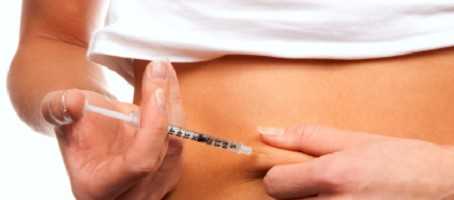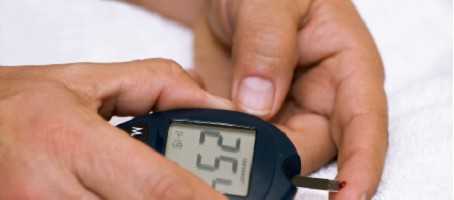Belgian research, part funded by the JDRF, has shown a new way of generating insulin-producing cells is successful in controlling blood glucose levels in mice with simulated type 1 diabetes.
The mice used were those modified to have little or no beta cells, the cells in the pancreas that produce insulin, and therefore unable to produce insulin to keep their blood glucose levels under control. The mice were split into two groups, one group which would receive treatment and the other group which would not.
The researchers administered a pair of proteins, epidermal growth factor and ciliary neurotrophic factor, into the treatment group of the mice. These two proteins are known to have been effective in stimulating growth of beta cells in laboratories.
The researchers found that the blood sugar levels of the treated mice had fallen back to normal numbers whilst the untreated mice remained with high blood glucose levels.
Keen to understand which cells had responded to the administered proteins, the researchers found that it was another type of cell in the pancreas, acinar cells, which had been converted into insulin producing cells.
Outside of specific research such as this, acinar cells are an exocrine cell and are usually involved in the secretion of digestive hormones. It is very interesting that an exocrine cell has been converted into an endocrine and also that acinar cells are the most abundant type of cell within the pancreas.
The researchers refer to the converted acinar cells to being beta-like cells and further research will be required to test whether these cells will be more resistant to the autoimmune response of type 1 diabetes which usually kills off insulin producing beta cells.
What's new on the forum? ⭐️
Get our free newsletters
Stay up to date with the latest news, research and breakthroughs.




